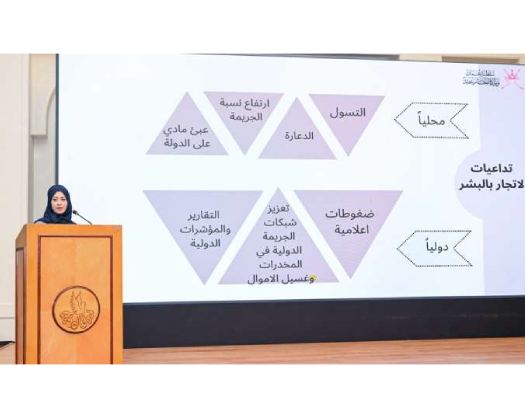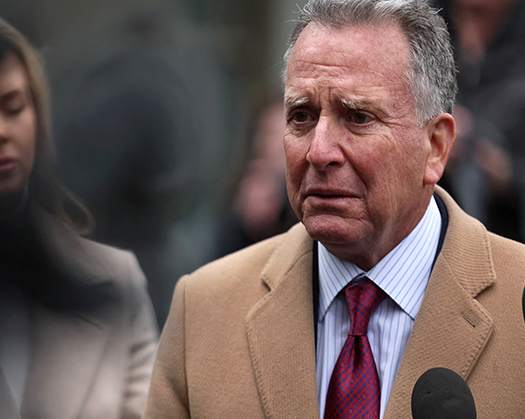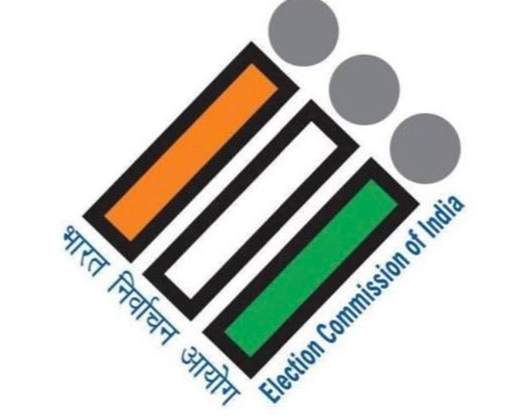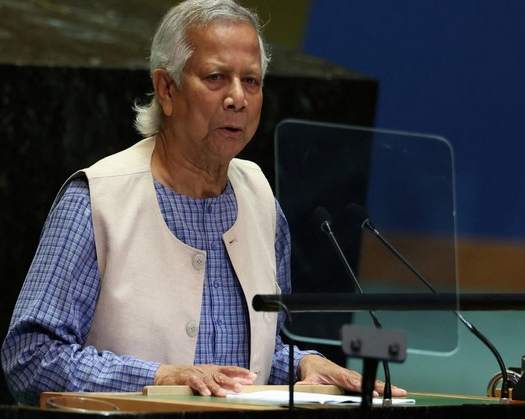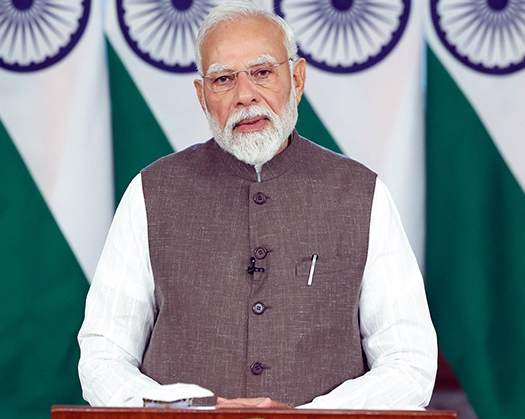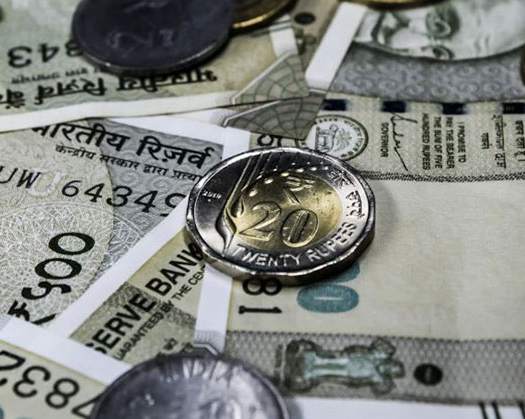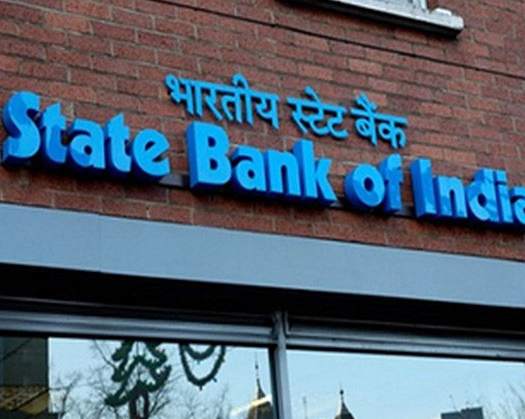MUSCAT: In an effort to improve national initiatives against human trafficking, Omani officials have asked the public to be aware of early warning indicators and report any concerns quickly.
Officials emphasized the need of raising awareness at all levels of society to prevent and safeguard victims in light of increasing worldwide scrutiny and the crime's hidden character.
A high-level workshop in Muscat on Monday highlighted the government's efforts to create a more educated and active society, with specialists presenting essential indicators of trafficking and legal techniques to combat the crime.
The workshop, titled "Indicators of Human Trafficking, Raising Awareness of Its Dangers, and the Importance of Reporting It," brought together stakeholders from the Ministry of Social Development, the National Committee to Combat Human Trafficking, the Royal Oman Police (ROP), and child protection officials.
The ROP provided a comprehensive overview of common indicators of trafficking offenses in Oman, including restricted movement, the retention of official papers, nonpayment of compensation, indicators of coercion, and the use of children outside of legal limitations. Other red flags included forced begging, physical assault, breaches of the Foreigners Residence Act, unlawful immigration, money laundering, migrant smuggling, suspicious movement of women and children, and substandard living or working circumstances.
Another important presentation by the National Committee for Combating Human Trafficking highlighted the committee's mission of coordinating national response efforts, establishing victim care programs, and strengthening border controls in accordance with international obligations. It also looked at the local and international consequences of human trafficking.
According to the Ministry of Labour's report, forced labor is any work or service performed under duress that the person did not consent to perform. Among the indicators were passport confiscation, abusive working conditions, and threats of termination or deportation.
The legislative framework that supports Oman's antitrafficking efforts was also highlighted, including provisions in the Basic Law (Royal Decree No. 6/2021), the AntiHuman Trafficking Law (Royal Decree No. 126/2008), and a number of international agreements that Oman has ratified.
These include the UN Convention against Transnational Organized Crime (Royal Decree No. 37/2005), the Arab Convention against Transnational Organized Crime (Royal Decree No. 6/2015), and the Arab Charter on Human Rights (Royal Decree No. 16/2023).
Officials ended the meeting by urging for more public participation, asking people and inhabitants to speak up and report any unusual activity in order to protect vulnerable persons and dismantle trafficking networks.

